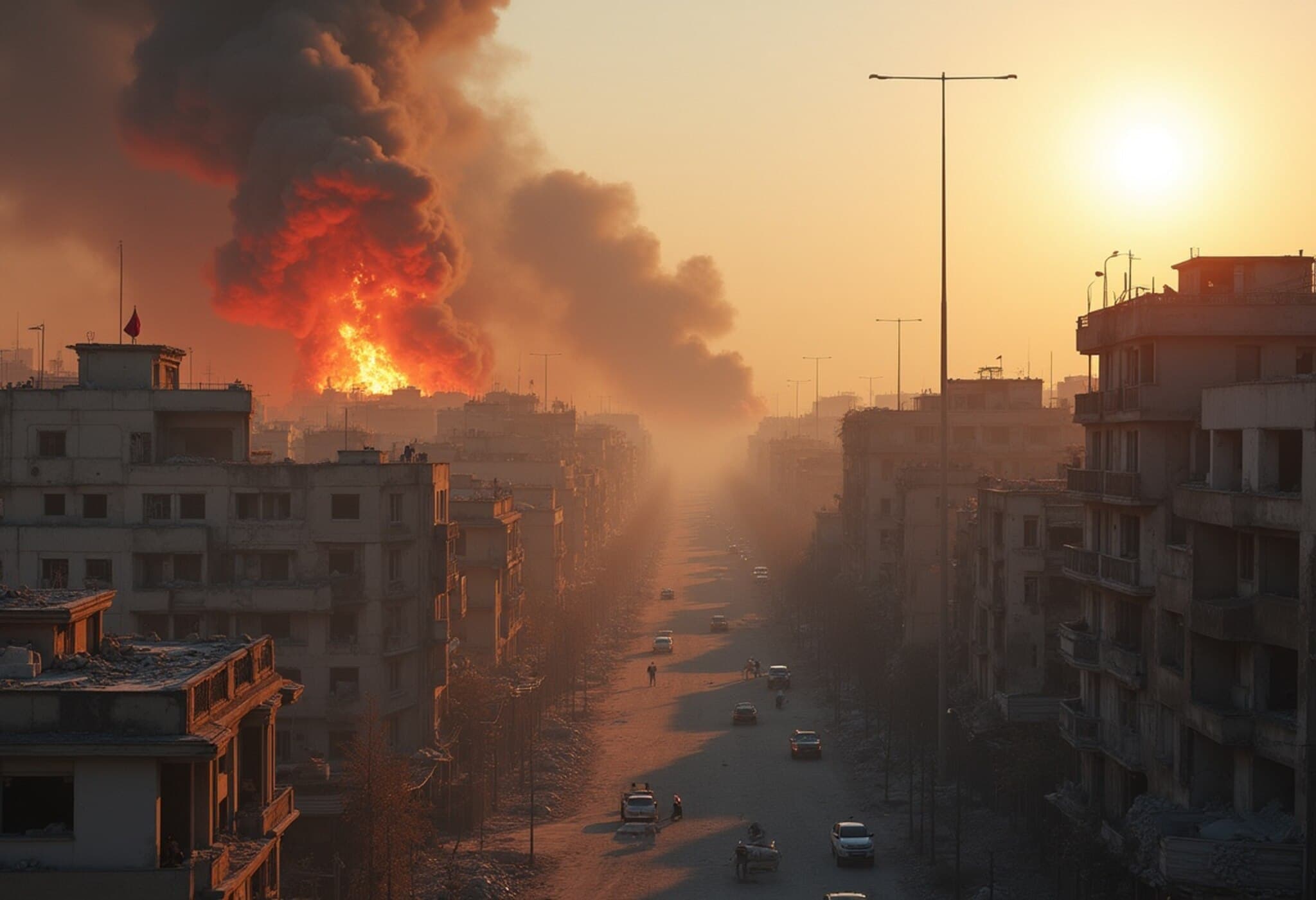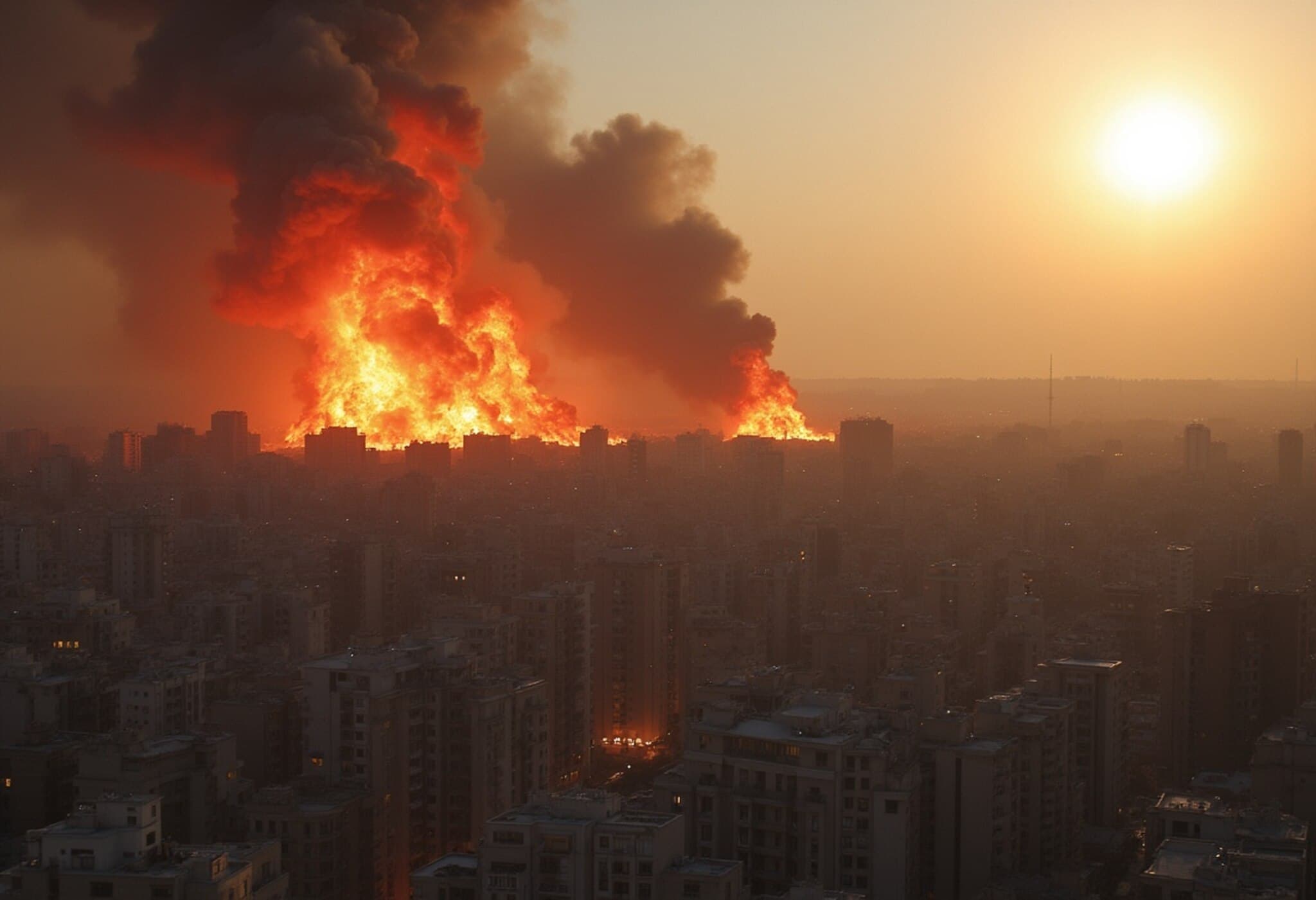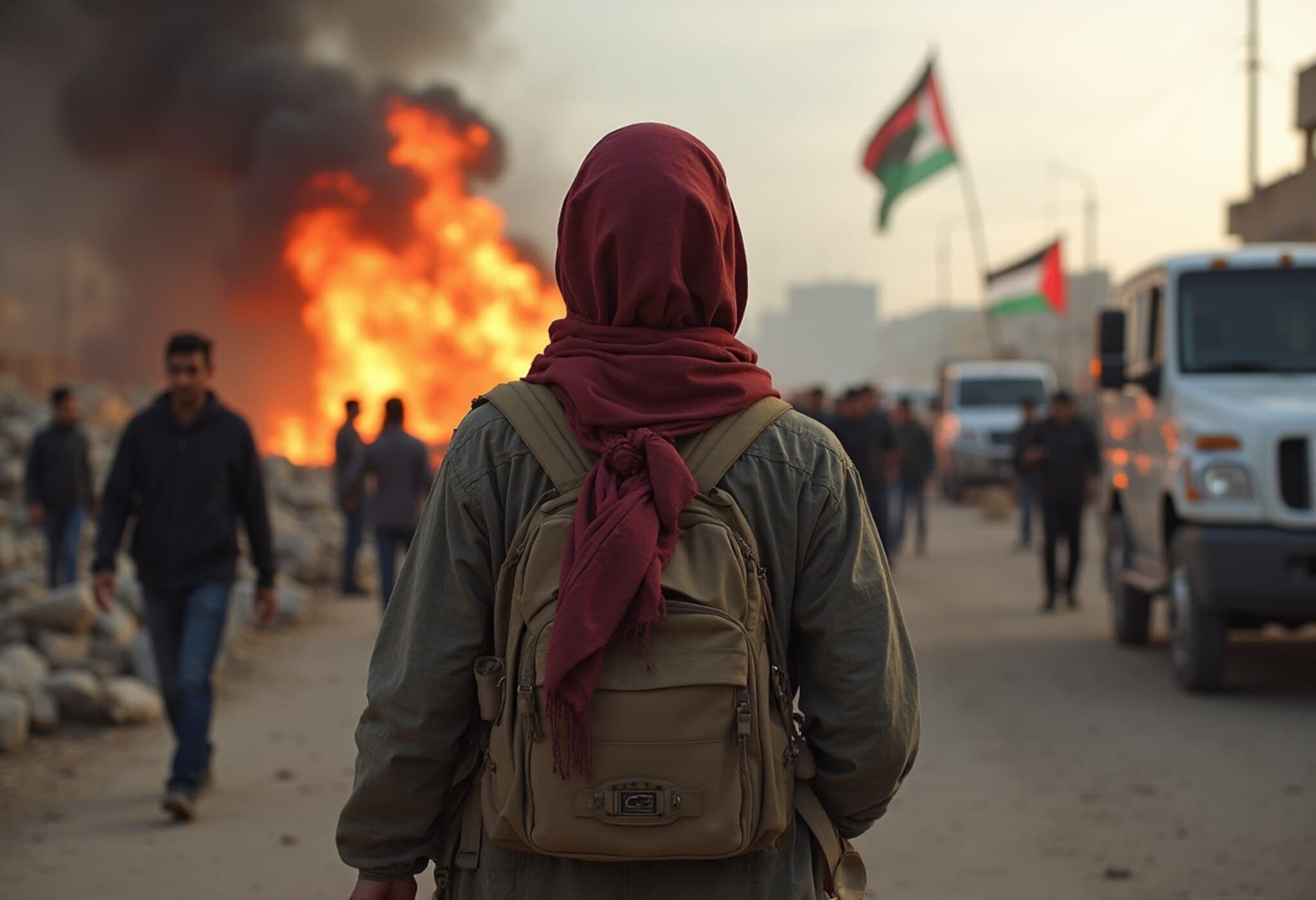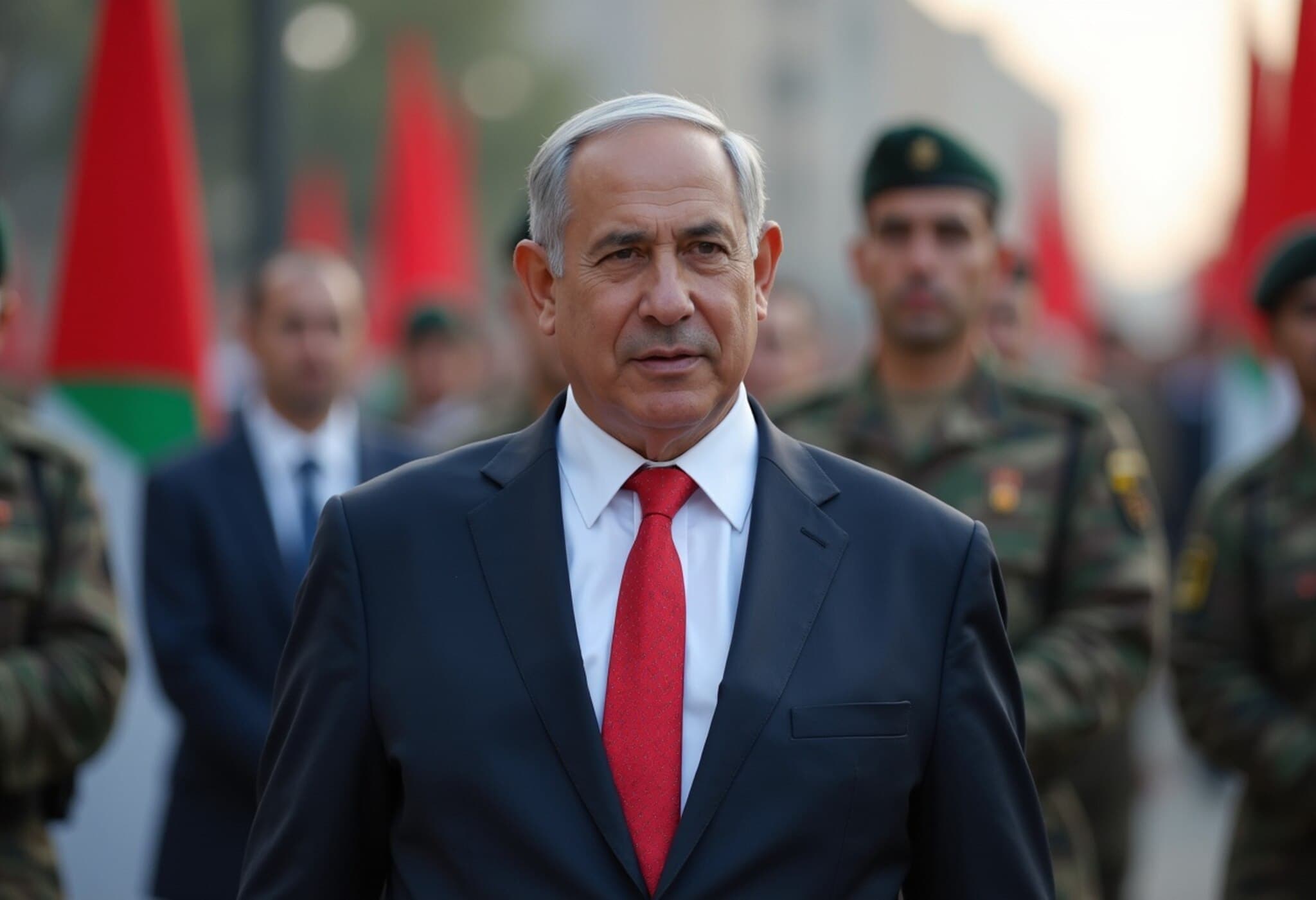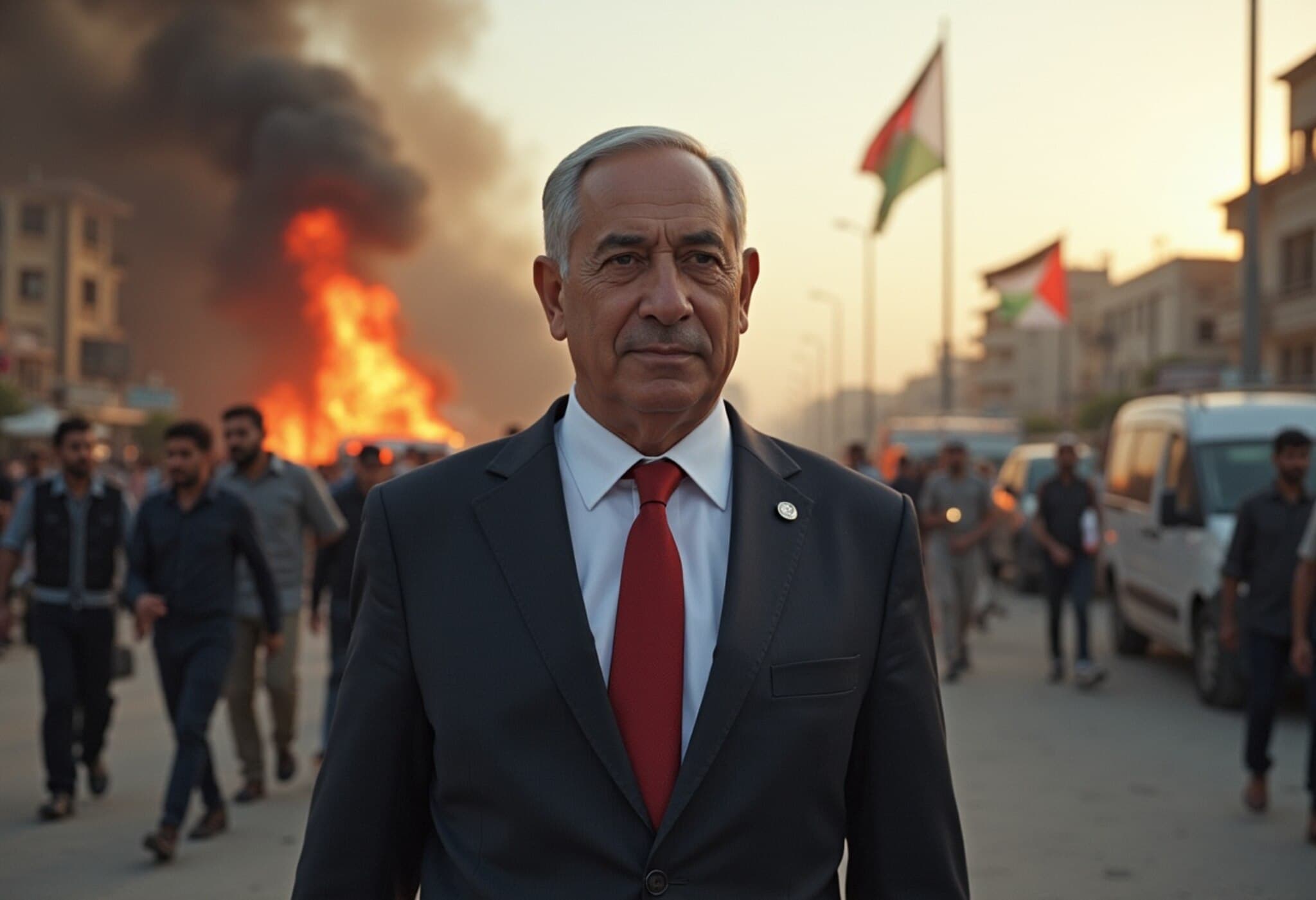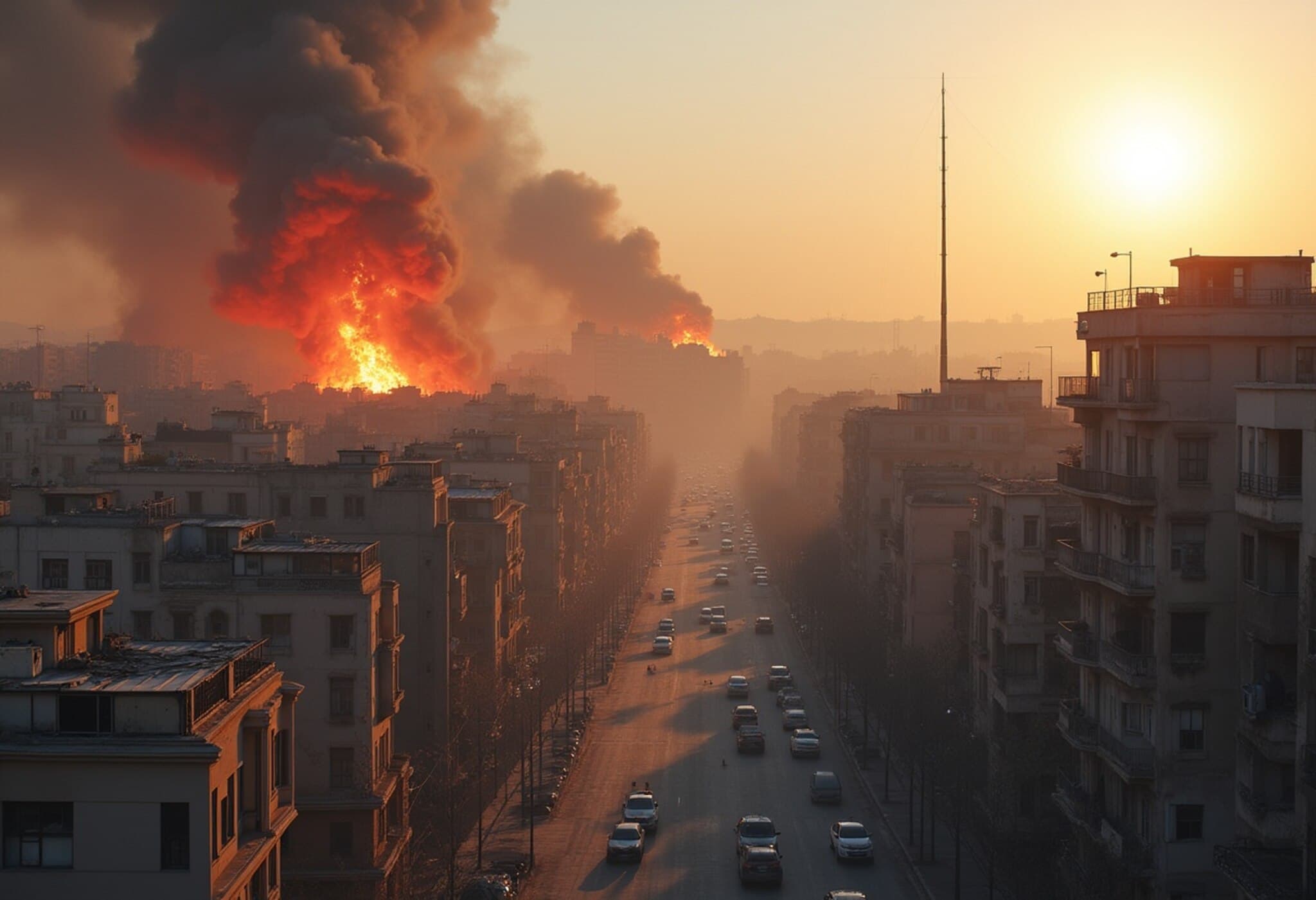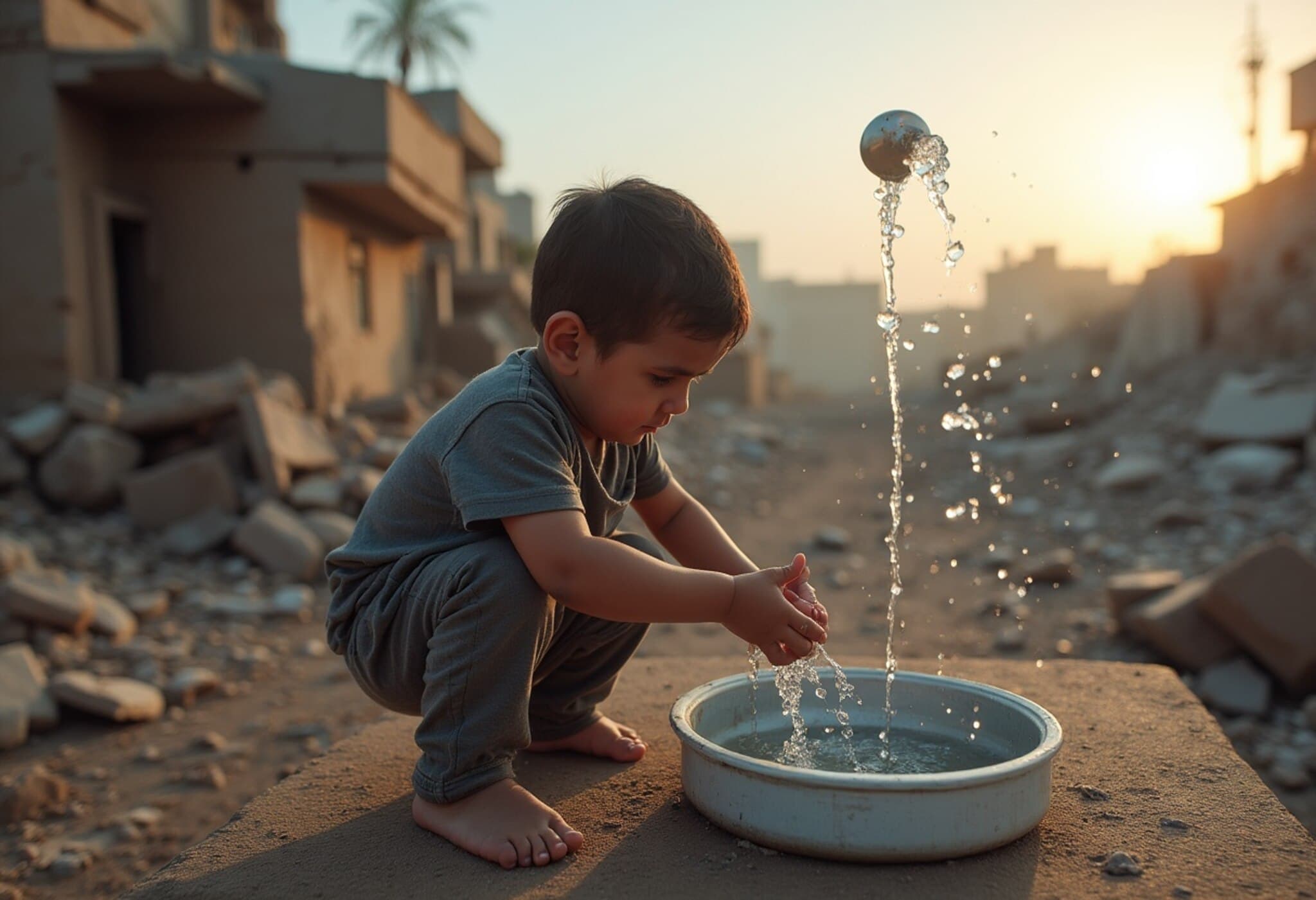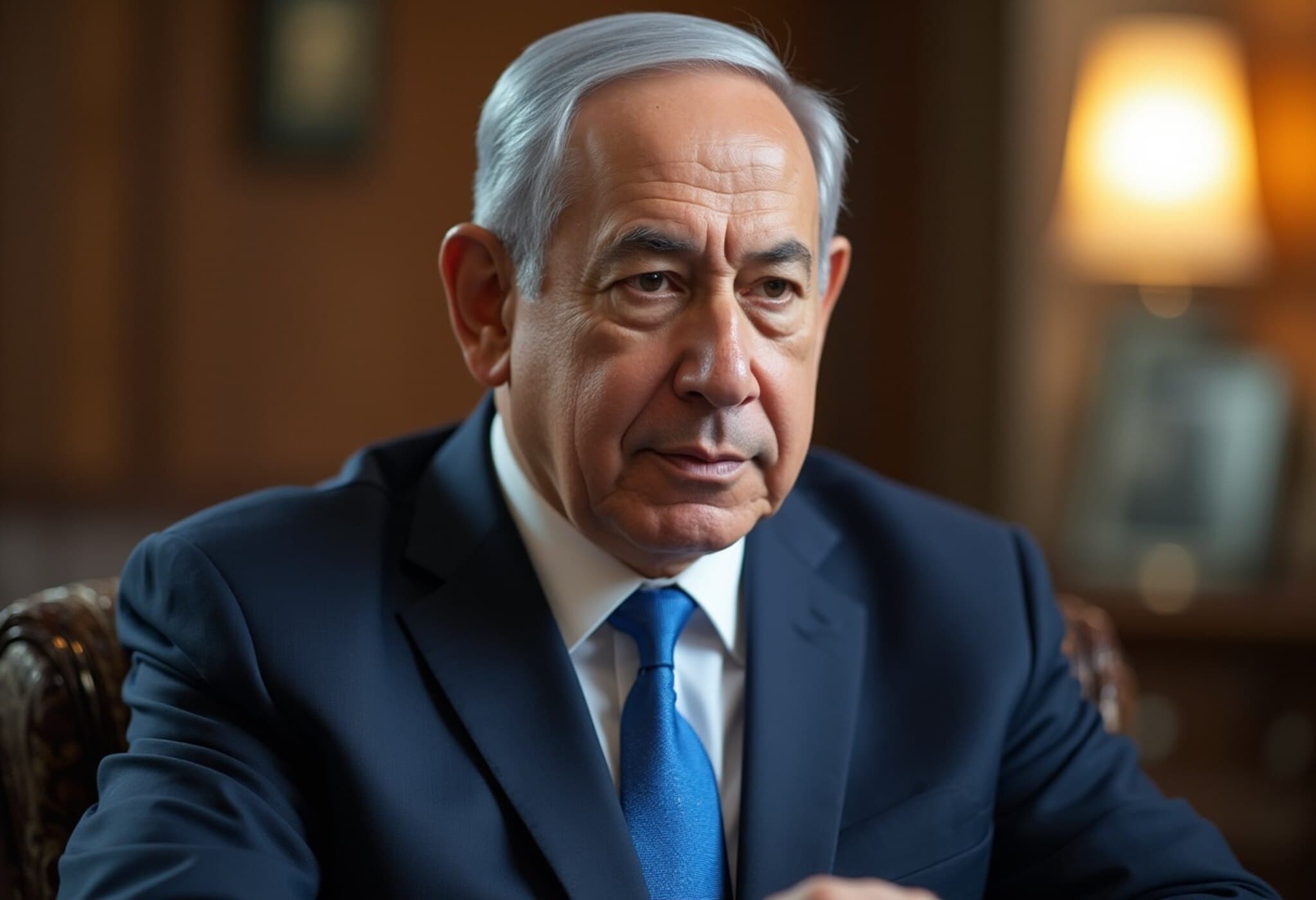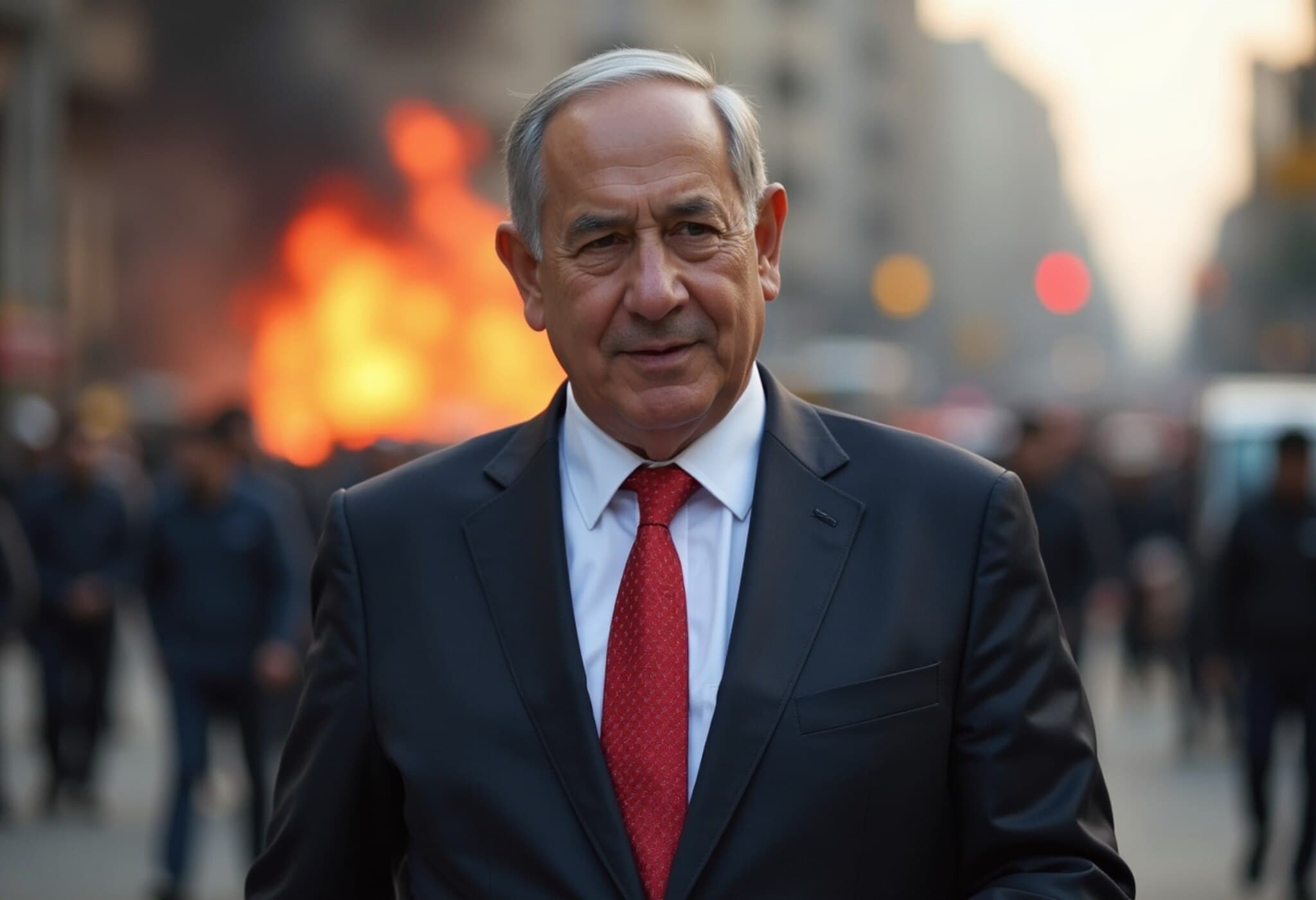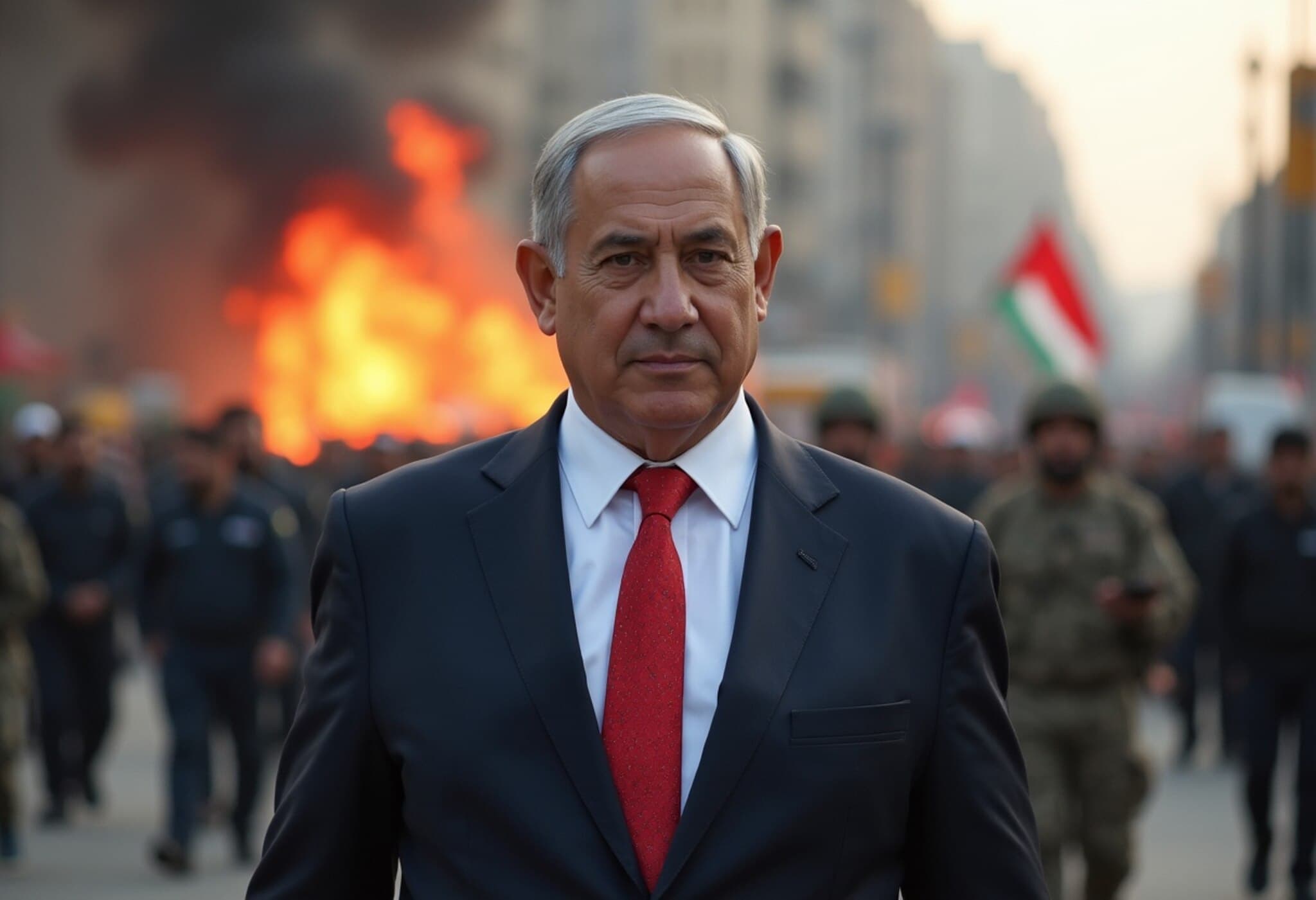Overview of Israel’s Strategy to Take Control of Gaza City
Israel has recently unveiled plans to launch a significant military operation aimed at taking over Gaza City, the largest urban center in the Gaza Strip. This densely populated city has already endured extensive destruction due to earlier Israeli military campaigns following Hamas's violent attack on October 7, 2023. The announcement comes at a time when Gaza is grappling with a severe humanitarian crisis, including widespread displacement and looming famine.
The Toll and Devastation in Gaza City
Prior to the current conflict, Gaza City was home to roughly 700,000 residents, comparable in size to the population of Washington, D.C. The relentless bombardment and ground assaults by Israeli forces have reduced much of the city to ruins, with critical infrastructure obliterated. Although hundreds of thousands were evacuated following initial warnings, many returned during a brief ceasefire, placing them again in harm’s way.
As of now, Israel controls approximately 75% of the Gaza Strip, leaving a significant portion of the displaced Palestinian population concentrated in Gaza City and adjacent areas like Deir al-Balah and the Muwasi displacement camps. According to Gaza’s Health Ministry—a Hamas-administered body considered by the UN and independent observers to provide the most reliable casualty figures—over 61,000 Palestinians have been killed since the conflict began. This staggering death toll encompasses civilians and fighters alike, although exact breakdowns remain contested.
Domestic Opposition and Security Concerns Within Israel
While Israeli Prime Minister Benjamin Netanyahu insists that intensifying military actions in Gaza City are essential to recovering hostages and dismantling Hamas, opposition voices within Israel express deep reservations. Families of the remaining approximately 20 hostages held by Hamas, alongside former security officials, caution that further incursions risk increasing Israeli soldier casualties and jeopardizing the hostages’ lives.
Notably, Israel’s military chief of staff, Eyal Zamir, reportedly opposed broad operations to seize the entire Gaza Strip, citing strategic risks and army fatigue after two years of persistent regional conflicts. The opposition warns that a major ground offensive could provoke intensified guerrilla tactics from Hamas militants, which have already claimed a heavy toll, including the infamous October 7 attack resulting in roughly 1,200 deaths and the abduction of 251 hostages.
International Pressure and the Humanitarian Crisis
The unfolding situation in Gaza has triggered global alarm, especially as images circulate depicting severe food shortages and humanitarian despair. A coalition of 28 Western-aligned countries, including Israel’s close allies, called last month for an immediate cessation of hostilities to allow for humanitarian aid delivery. Even former U.S. President Donald Trump—an ardent supporter of Israel during his tenure—has publicly advocated for ending the war and securing hostage releases, though he defers to Israel on tactical decisions.
Despite these appeals, Israel maintains that it endeavors to minimize civilian casualties and holds Hamas responsible for both the conflict’s initiation and its humanitarian fallout. Netanyahu repeatedly denies there is any famine in Gaza, contradicting testimonies from on-the-ground aid workers, UN officials, and international NGOs warning of an impending catastrophe.
Hamas’s Stance and the Path Forward
Hamas remains defiant despite facing what some analysts call one of the most devastating military campaigns since World War II. The group has indicated that it will only consider releasing the remaining hostages in exchange for a lasting ceasefire and an Israeli military withdrawal from Gaza—a combination Israel has categorically rejected so far.
Critical Questions and Regional Implications
- What are the long-term consequences for Gaza’s civilian population if a full-scale invasion of Gaza City proceeds?
- How might escalating military action impact Israel’s domestic political landscape and public opinion?
- Could renewed international diplomatic engagement alter the stalemate, especially regarding hostages and humanitarian access?
- What are the economic ramifications for the broader Middle East if the conflict deepens?
Expert Analysis
Seasoned policy analysts suggest that while Israel’s military objectives focus on crippling Hamas and securing hostages, the humanitarian and geopolitical fallout could outweigh short-term tactical gains. Experts underline the complexity of urban warfare in such a densely packed environment and caution that prolonged conflict risks entrenching animosities, destabilizing the region, and perpetuating cycles of violence.
Editor’s Note
Israel’s plan to capture Gaza City embodies a fraught crossroads of military strategy, humanitarian concern, and international diplomacy. As the world watches, it is imperative to balance security imperatives with urgent calls to protect civilians, end suffering, and explore viable pathways to peace. The evolving situation demands nuanced understanding beyond headlines—a reminder that behind statistics lie real human stories craving justice and resolution.

